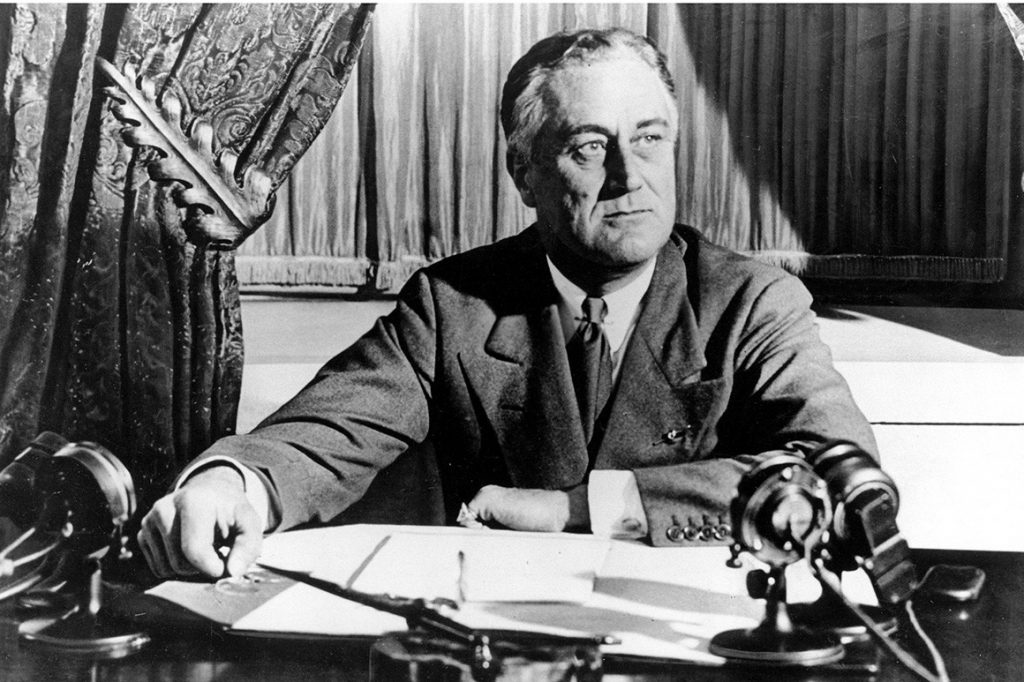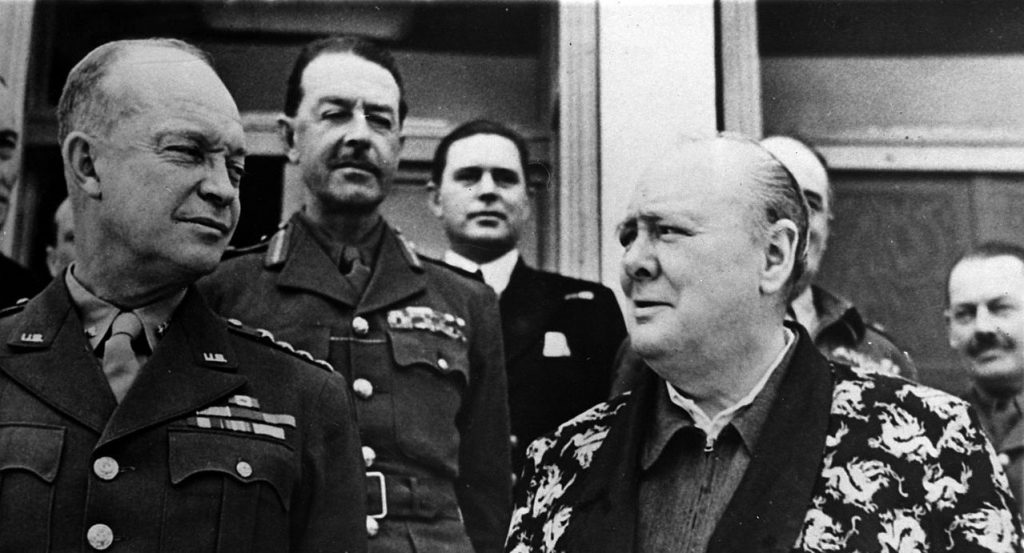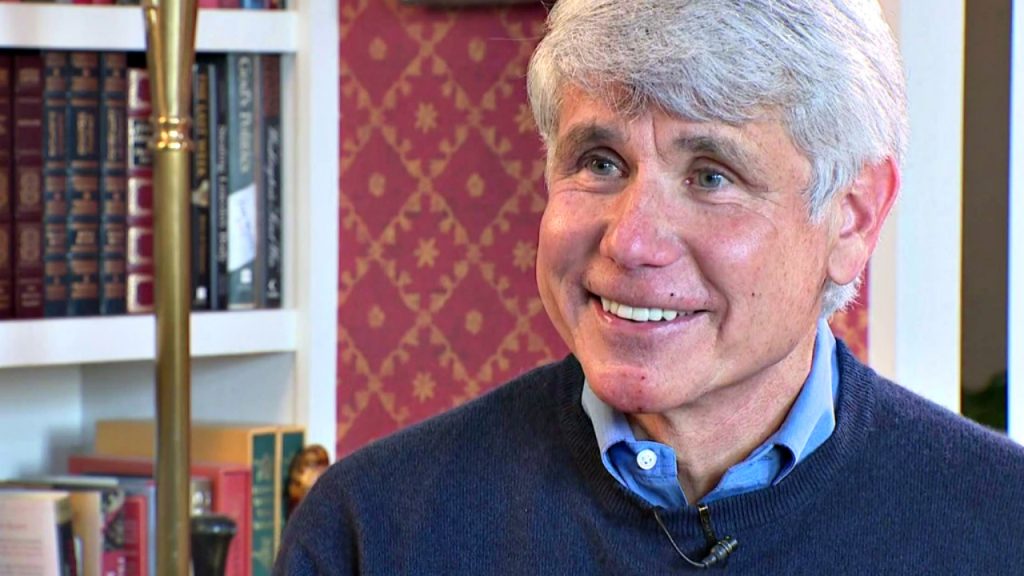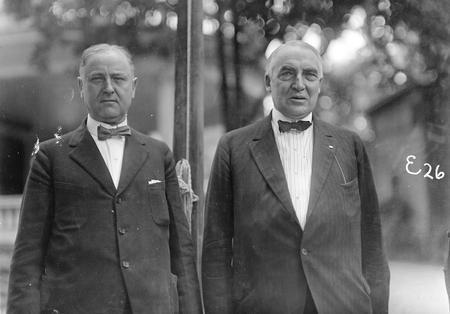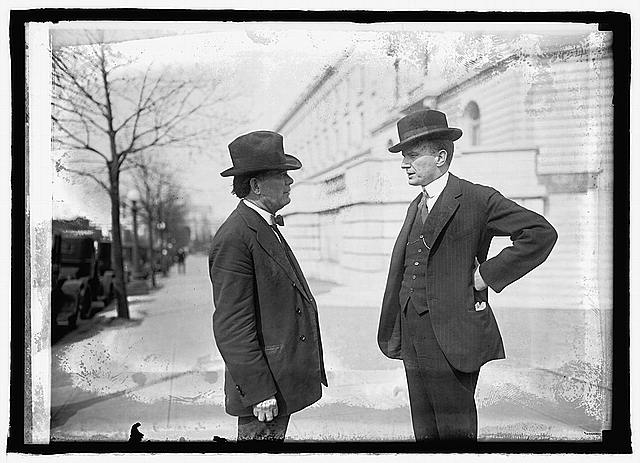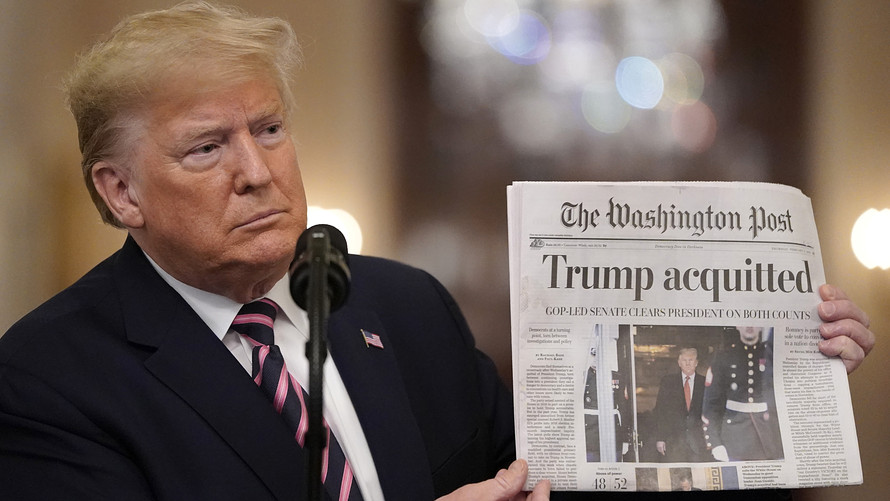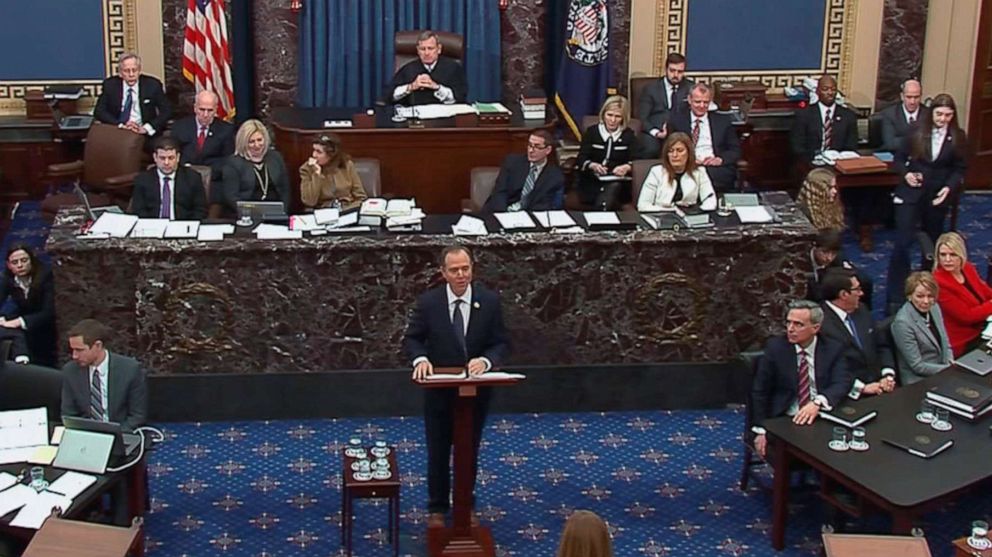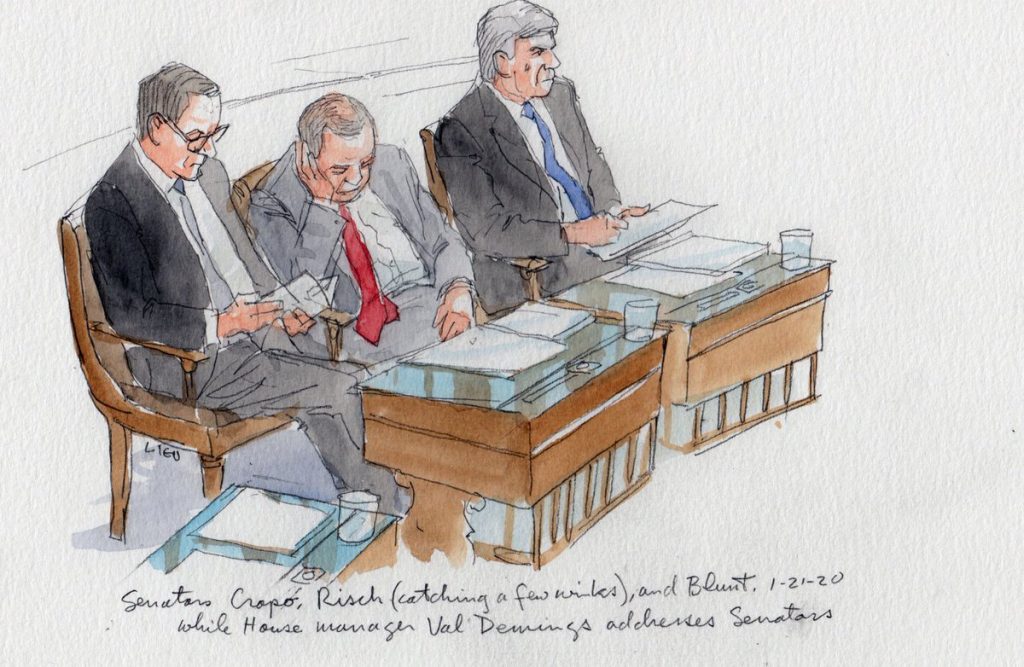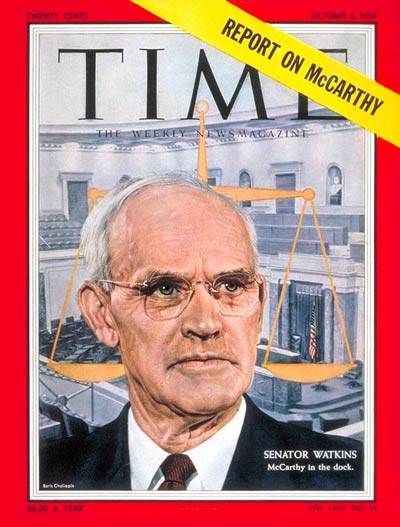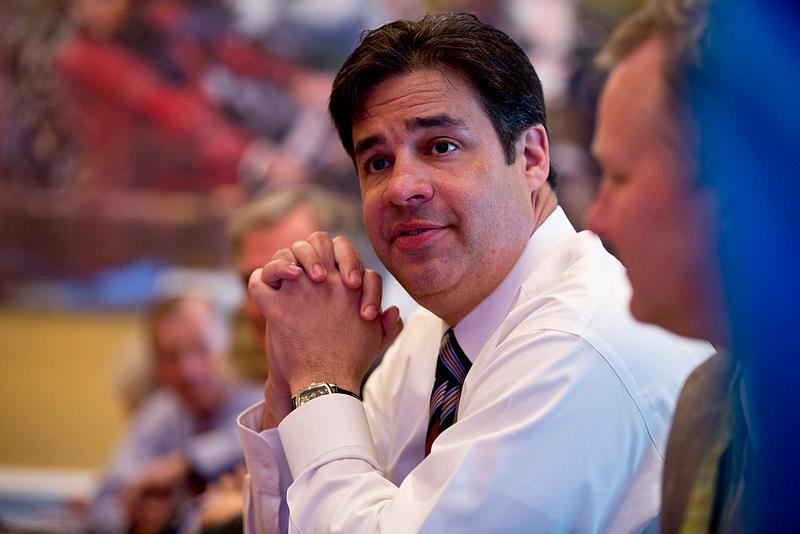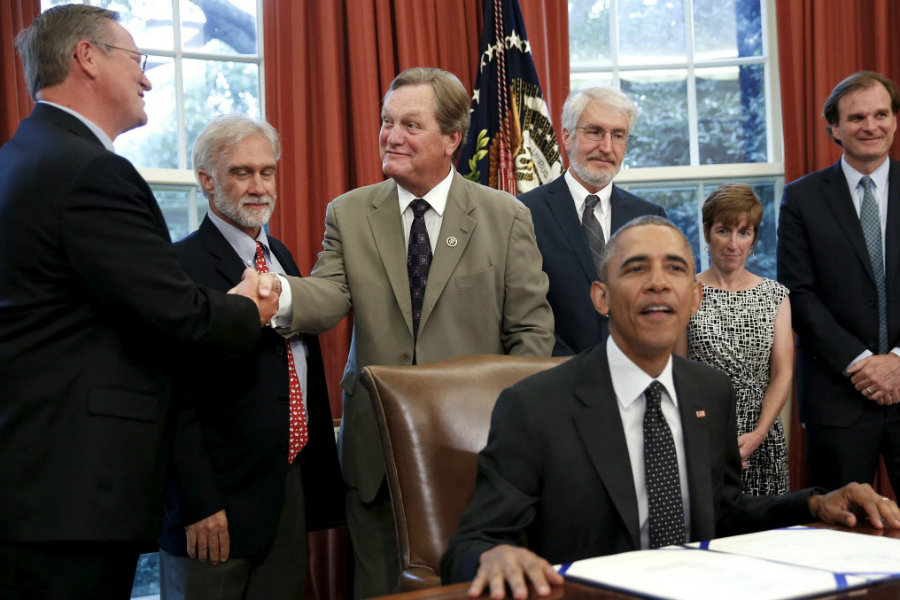There is an unrelenting mathematical logic to the spread and impact of the COVID-19 virus. Denial of the logic is like playing Russian Roulette, the odds are unpredictable and choosing incorrectly is deadly.
January 22, 2020 – Donald Trump: “We have it totally under control. It’s one person coming in from China, and we have it under control. It’s going to be just fine.”
As brutal as the math will become – a couple hundred thousand cases become a million cases, a few thousand deaths become 100,000 deaths – the logic cannot be denied, unless you reside in a partisan political fantasy land.

February 25, 2020 – Rush Limbaugh: “It looks like the coronavirus is being weaponized as yet another element to bring down Donald Trump. Yeah, I’m dead right on this. The coronavirus is the common cold, folks.”
And it’s not like we haven’t been through something like this before – it happened in 1918 – it’s just that we don’t remember the history, or we chose to ignore evidence in plain sight. The logic remains.

The Idaho Statesman, October 15, 1918
October 10, 1918 – The Wallace Miner: “We are confronted by an epidemic of influenza which will affect more than half of our population in probability. There is a shortage of physicians, nurses and hospital accommodations.”
March 20, 2020 – The New York Times: “Even in the best case situation, with a shortage of skilled doctors and nurses, caring for Covid-19 patients with life-threatening respiratory distress will be like using a Band-Aid to stop a carotid artery bleed,” Pauline M. Chen, MD.

News briefs from the Kendrick, Idaho Gazette, October 1918
October 11, 1918 – The Kendrick Gazette: “The quarantine has been placed in Idaho. All public gatherings, excepting schools, both public and private, are forbidden by an order issued Wednesday by the state board of health.”
October 15, 1918 – The Blackfoot, Idaho Republican: “In its fight to stop the spread of Spanish influenza, the public health service is investigating the causes of the disease, the conditions which promote its spread and the part played by carriers in epidemics of the malady.”
March 20, 2020 – The Hill: “The intelligence community was warning of the danger posed by the novel coronavirus throughout January and February as the White House downplayed the threat and was slow to roll out nationwide measures, reports show.”
October 17, 1918 – Twin Falls Weekly News: “To her credit be it said, Twin Falls has not hesitated to comply fully with the terms of the latest closing order to emanate from Boise…if it is necessary to close up every industry and every institution in the city in order to prevent an outbreak of Spanish influenza, Twin Falls will cheerfully do just that.”

October 21, 1918 – The Spokesman-Review: “Three more deaths have occurred (in Nez Perce, Idaho) from influenza…(including) Carl Price, proprietor of the local garage…he leaves his widow and four small children.”
October 22, 1918 – The American Falls Press: “Dr. Noth, who has been confined to his home for the past several days with influenza, suffered a relapse yesterday. Miss Virginia Nunnelly, who had been visiting in Salt Lake City for several weeks, has been summoned to help care for him.”
October 23, 1918 – Spokane Chronicle: “Four deaths yesterday and three last night from pneumonia, following Spanish influenza, have resulted in closing the state college in all departments.”
March 29, 2020 – Politico: “Liberty University, meanwhile, has invited its students to return to the dorms, whatever their circumstances might be. [Jerry] Falwell has said this decision was in students’ best interests—that students would be better off if they returned to campus before the coronavirus spread—but that suggestion has met with exasperation by public health experts, state and local officials, and many residents of Lynchburg.”
October 25, 1918 – Rathdrum Tribune: “The alarming spread of influenza throughout Idaho, caused the state board of health to order all public and private schools in the state to close indefinitely.”
November 5, 1918 – Blackfoot, Idaho Republican: “The Bradford family is still seriously ill with influenza…Mr. and Mrs. Lyman Tanner are the proud parents of a baby son, born Monday morning. Both the parents are ill with influenza…Miss Hazel Quigley has been dangerously ill with the influenza, but is slightly improved at the present.”
November 15, 1918 – Burley, Idaho Herald-Bulletin: “[With] the death of Ralph Jamison Gochnour from influenza Sunday night the University of Idaho lost one of its most prominent students…Mr. Gochnour was a member of the Sigma Nu fraternity. He was a young man of pleasing personality, a student of keen and inquiring mind.”

Item from the Blackfoot, Idaho Republican, October 1918
November 22, 1918 – Kendrick Gazette: “There will be no church services in Kendrick Sunday. Both churches agreed to postpone church meetings for at least another week.”
March 30, 2020 – Associated Press: “A northern Idaho lawmaker led a church service on Sunday despite a statewide stay-at-home order by Gov. Brad Little to prevent the spread of the coronavirus. Republican Rep. Tim Remington, the pastor of The Altar Church in Coeur d’Alene, held the service, but it’s not clear how many attended…On Sunday, he told worshipers that the stay-at-home order violated their rights.”
December 19, 1918 – Grangeville Globe: “Undertaker A.J. Maugg returned last Friday evening from Riggins where he was called the day before to direct the funeral of Mrs. Cleveland Hollenbeak of that placed who had passed away Thursday from influenza. Mrs. Hollenbeak was 28 years old and is survived by her husband and two small children.”
December 27, 1918 – Salmon, Idaho Recorder: “The epidemic appeared last week in the stoutly quarantined community of Challis, where it is said more than a score of cases in pronounced form were reported. It was said the disease was conveyed to the town by an enterprising traveler who forded the river in order to get by the quarantine guards.”
John Barry, author of the definitive study of the 1918 influenza pandemic: “Of all the lessons from 1918, the clearest is that truth matters…You don’t manage the truth. You tell the truth. . . Those in authority must retain the public trust. The way to do that is to distort nothing, to put the best face on nothing, to try to manipulate no one.”
March 27, 2020 – Charlie Sykes, conservative columnist: “[This crisis has] its own peculiar awfulness: the overlay of bad faith, cynical spin, and serial deception. Who do we believe? What do we believe? Who is telling us the truth and who is shoveling fabulist bullshit?
“But what did we expect? We had taken a long vacation from truth because we could afford to, right?”

“You can call it a germ, you can call it a flu, you can call it a virus, you know you can call it many different names. I’m not sure anybody even knows what it is,” Donald Trump
March 30, 2020 – The New Yorker: “WE CANNOT LET THE CURE BE WORSE THAN THE PROBLEM ITSELF. Trump said repeatedly that he wanted the country to reopen by Easter, April 12th, contradicting the advice of most health officials. (On Sunday, he backed down and extended federal social-distancing guidelines for at least another month.)”
March 31, 2020 – Donald Trump: “This is going to be a very painful, very, very painful two weeks. When you look and see at night the kind of death that’s been caused by this invisible enemy, it’s incredible.”
March 6, 1919 – Salmon Recorder: “With but 18 new cases of influenza reported yesterday to the city health office the crest of the third revival of the epidemic is believed to have passed.”
The logic is unrelenting.
—–0—–
Additional reading:
- In lieu of Opening Day, a wonderful essay on baseball by Adam Garfinkle.
- NeverTrump conservative William Kristol – I’ll remind you he was chief of staff to Vice President Dan Quayle – on how Trump has broken the Republican Party and conservatism for good. Kristol says: “We have now reached the terminus of craven loyalty and pathetic apologetics. I don’t see how either the political institution of the Republican party or the intellectual movement of conservatism recovers from what we have seen over the last three years—but especially the last three months.”
- I won’t be reading Woody Allen’s new book, but you should read this review by Dwight Garner in the Times. Here’s a preview: “Volunteering to review [the book], in our moral climate, is akin to volunteering for the 2021 Olympic javelin-catching team. I told my wife and daughter my plan, and they stared at me as if I’d announced my intention to find the nearest functioning salad bar and lick the sneeze guard.”
- And finally, video conference is bigger than ever in the age of physical separation. Here’s a thoughtful piece on how to make the most of it and also understand the limitations. And remember: failure to mute is the new “reply all.”
- Stay safe.




